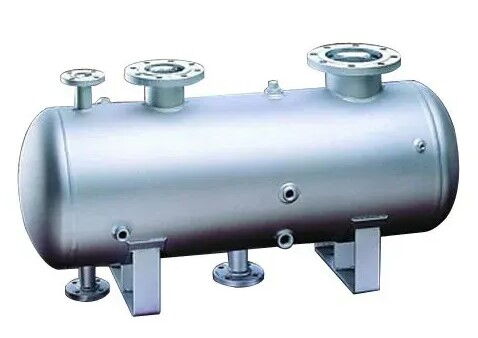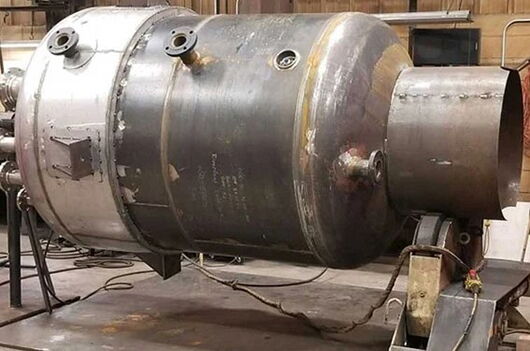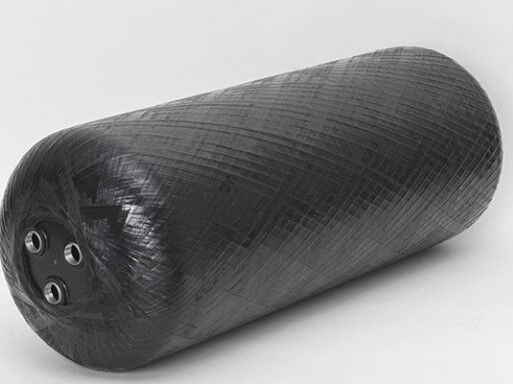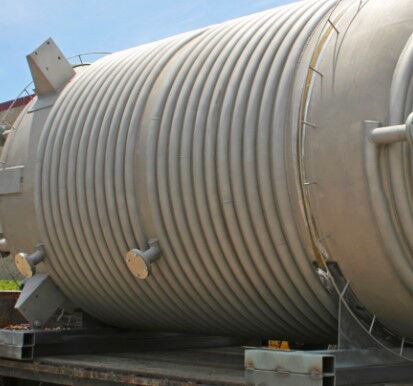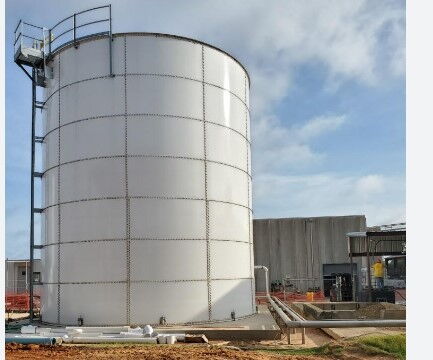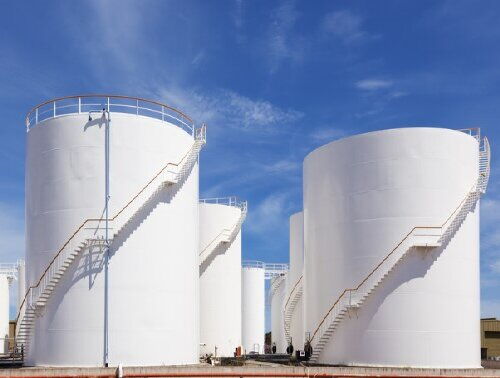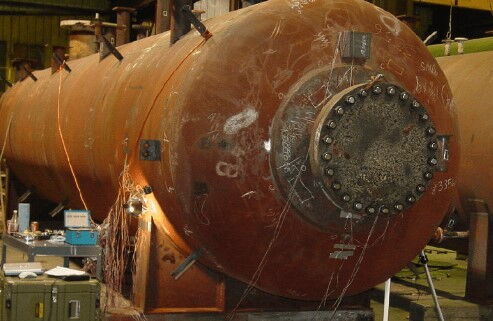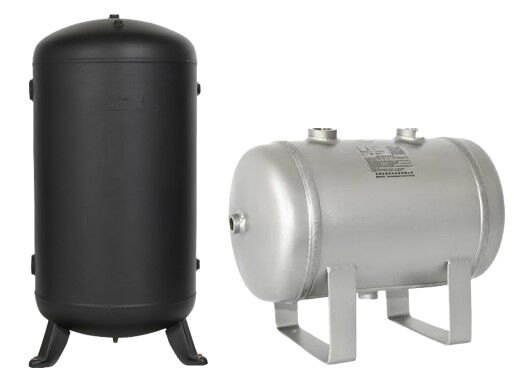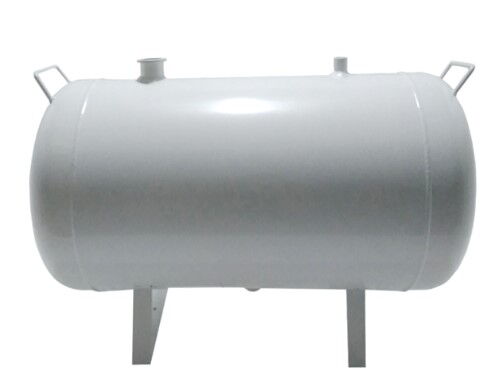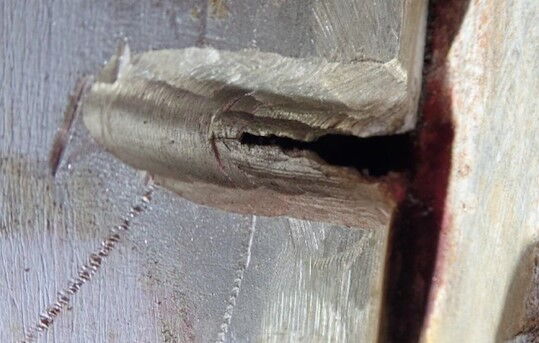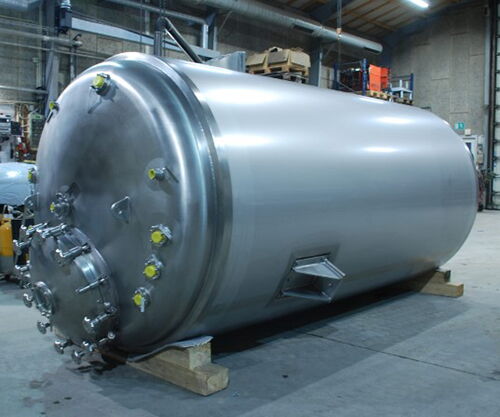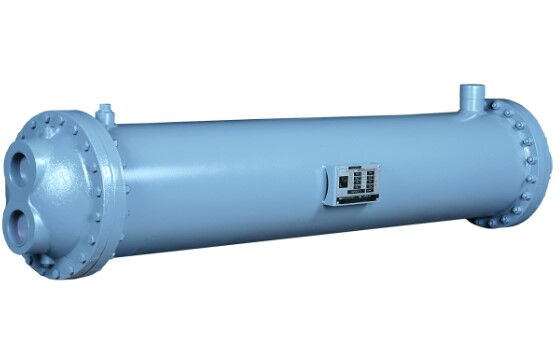Materials Substitution in Pressure Vessel Design
In the design and manufacturing of pressure vessels, the choice of metal materials plays a crucial role in the performance and safety of the vessel. The selected materials must not only have good mechanical properties, corrosion resistance, and high-temperature tolerance but also meet the requirements for processing and the working environment. Although the properties of materials are theoretically fixed, the performance demands of pressure vessel materials can vary depending on the specific use...

